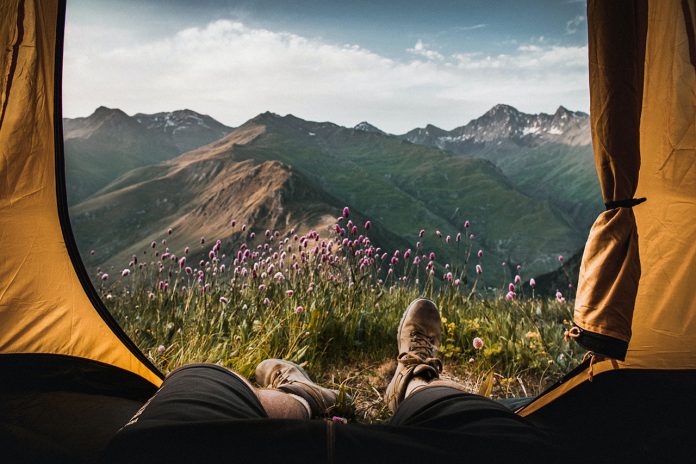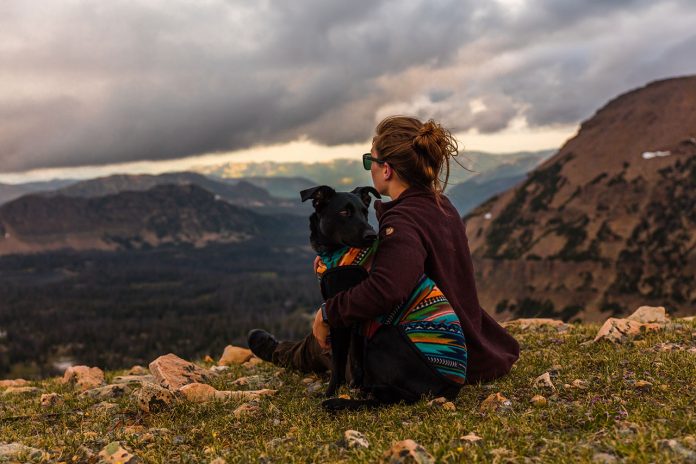Looking to dive into the great outdoors but not sure whether to spend your time hiking or camping? At a glance, hiking and camping may seem similar to woodsy pursuits. But once you dig deeper, distinct differences emerge when it comes to activities, gear, locations, and the overall experience. By understanding the contrasts between hiking and camping you can decide the best way to satisfy your outdoor cravings.
Table of Contents
You may also want to know: How to start hiking
Defining the Activities of Hiking and Camping
Let’s start by distinguishing what sets hiking and camping apart:
Hiking:
- Following trails through nature on foot
- Starts and ends on the same day
- Self-propelled using your own locomotion
- Trail length ranges from a mile up to 20+ miles
- The terrain includes mountains, forests, deserts, and more
Camping:
- Staying overnight/multiple days in the outdoors
- The center hub is a temporary dwelling like a tent
- Usually near vehicle access or a short hike in
- The base for activities like hiking, fishing, paddling, and more
- Most time is spent in camp rather than moving
While hiking focuses on covering distance under your own power, camping provides a home base in nature to cook, sleep, and unwind. Hiking can certainly be part of a camping trip when exploring the area.
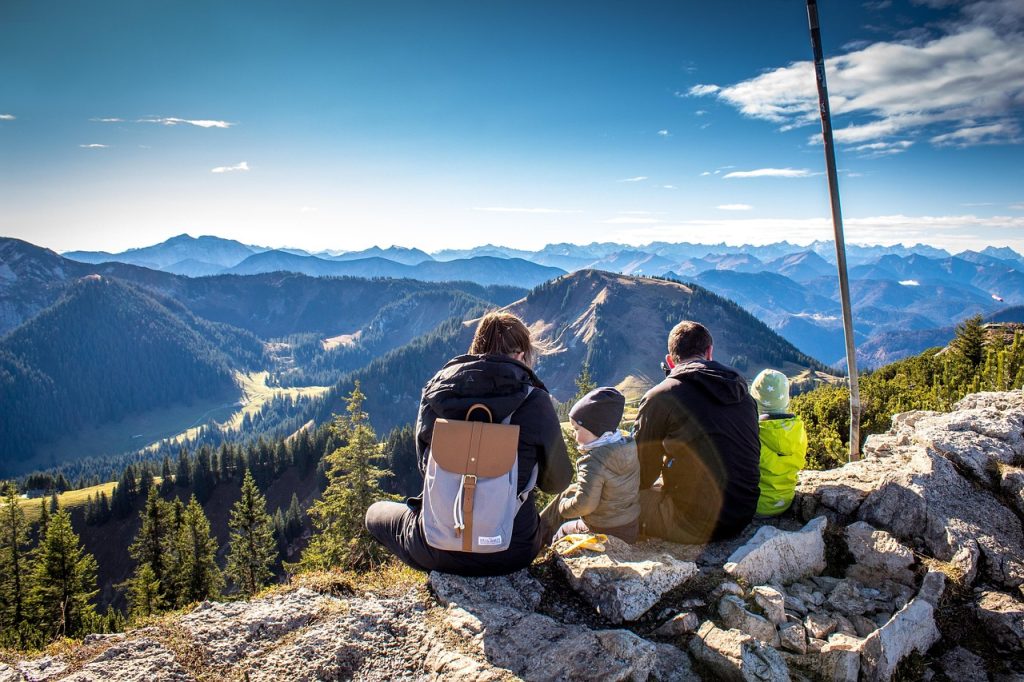
Necessary Gear
Gear needs to diverge significantly as well:
Hiking essentials:
- Hiking shoes or boots
- Map and compass/GPS device
- Daypack to carry supplies
- Food and water
- First aid kit, knife, fire starter
- Rain gear and extra layers
Camping must-haves:
- Tent or other shelter (hammock, RV, etc.)
- Sleeping bag and pad
- Camp stove, cookware, tableware
- Cooler for food storage
- Lantern/headlamp
- Camp chairs, games, books
Hiking calls for a light yet functional apparel and supplies to manage an active day. Camping requires domestic gear for comfort regardless of conditions and overnight stays.
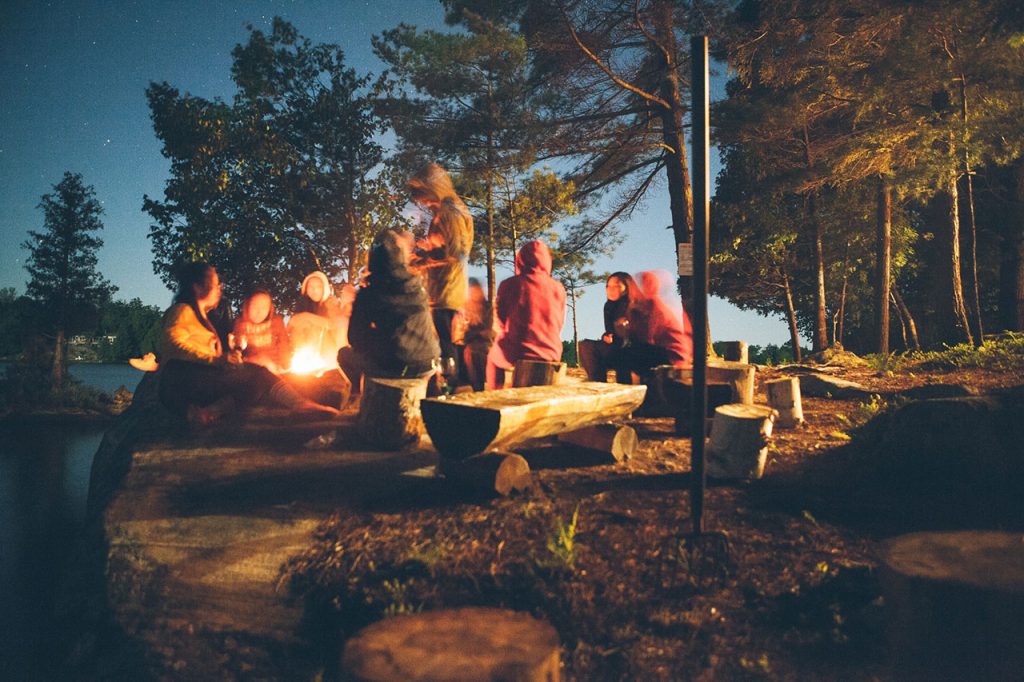
Locations and Landscapes
Campsites exist in a range of settings from developed to remote. Drive-up car camping in campgrounds provides easy access and amenities like restrooms, showers, and picnic tables. More primitive sites are walk-in tent sites accessed by hiking a mile or less from the trailhead. Remote backcountry sites reached only by long-distance hiking offer total immersion.
In contrast, hiking landscapes are far more diverse, ranging from city parks to deserts to mountain peaks. You can hike directly from home or drive to majestic national park settings. The only real requirements are a trail and sturdy shoes.
Physical Intensity
A day spent hiking usually involves many miles of walking over varied terrain like hills, valleys, loose rocks, and more. Hiking offers an active cardiovascular workout and full-body muscle engagement. Calorie burns of 500+ per hour are common. You need energy and stamina to power miles under your own locomotion.
Camping can be mostly sedentary with occasional short walks around the site, to the restroom, or to gather firewood. Most physical activity comes from camp set-up/breakdown and recreational activities done at the site or on short day hikes. Overall, camping tends to be far more leisurely in pace.
Social Atmosphere
Both hiking and camping can be great socially bonding experiences. Hiking allows more consistent conversation on the trail. Camping encourages storytelling and deepening connections over meals, card games, or campfires at the site after active days. Some enjoy camping in solitude while hiking alone requires greater preparation and precautions.
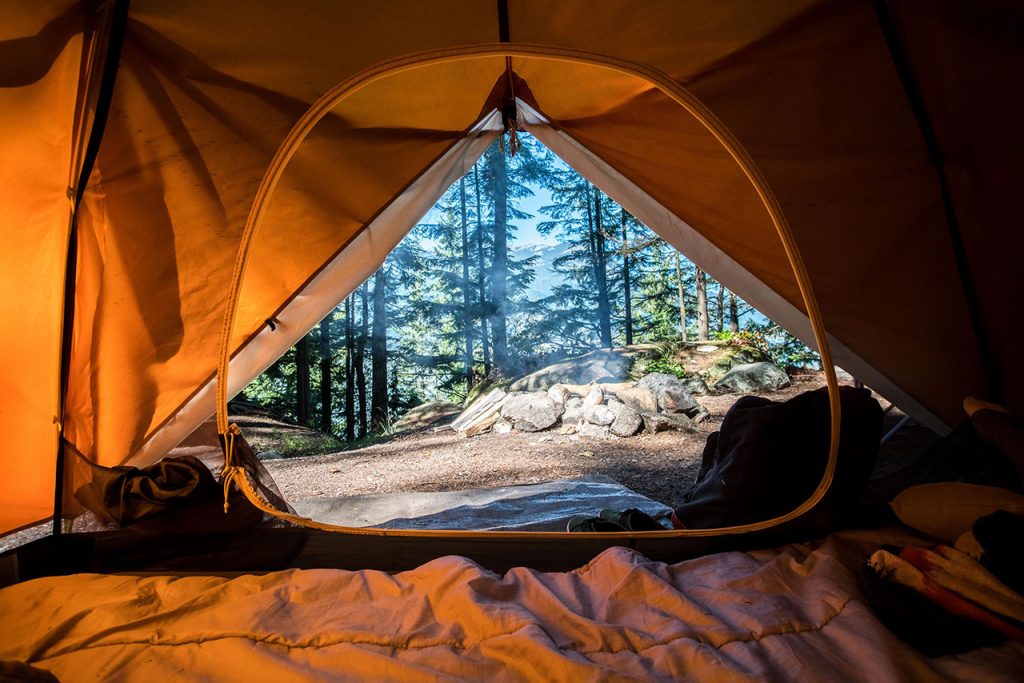
Connection to Nature
While hiking and camping both immerse you in nature, the depth of connection differs. Hiking’s steady movement on trails reveals nature’s gradual changes in scenery, vegetation, and terrain. Constantly shifting vistas invigorate the senses. Camping provides time to sink into one landscape more fully and look closer at details, sounds, and patterns from one place. Both offer profound nature bonds in unique ways.
Evaluating Appeal and Planning Tips
How do you choose between these rewarding yet distinct outdoor pursuits? Start by assessing your interests and constraints:
Consider hiking if you:
- Crave active cardiovascular challenges
- Want to cover ground and see varied scenery
- Have limited free time (just need a day)
- Enjoy solitude or moving meditation
- Prefer traveling light and fast
Look into camping if you:
- Desire a home retreat amid nature
- Want relaxing or social getaways
- Like delighting in nature’s small wonders
- Need a break from life’s constant stimulation
- Are new to outdoor pursuits and want to ease in
Many avid nature lovers alternate hiking and camping trips to enjoy the benefits of both. When planning your adventures, research locations suited to each activity that offer the amenities and landscape that match your goals. Pack appropriately for the experiences you want to have.
By understanding what sets hiking and camping apart, you can craft outdoor vacations that feed your spirit, push your limits, or simply provide peace. As you reflect on whether trails or tents call out most, keep in mind there’s no wrong choice when it comes to connecting with nature’s splendor!
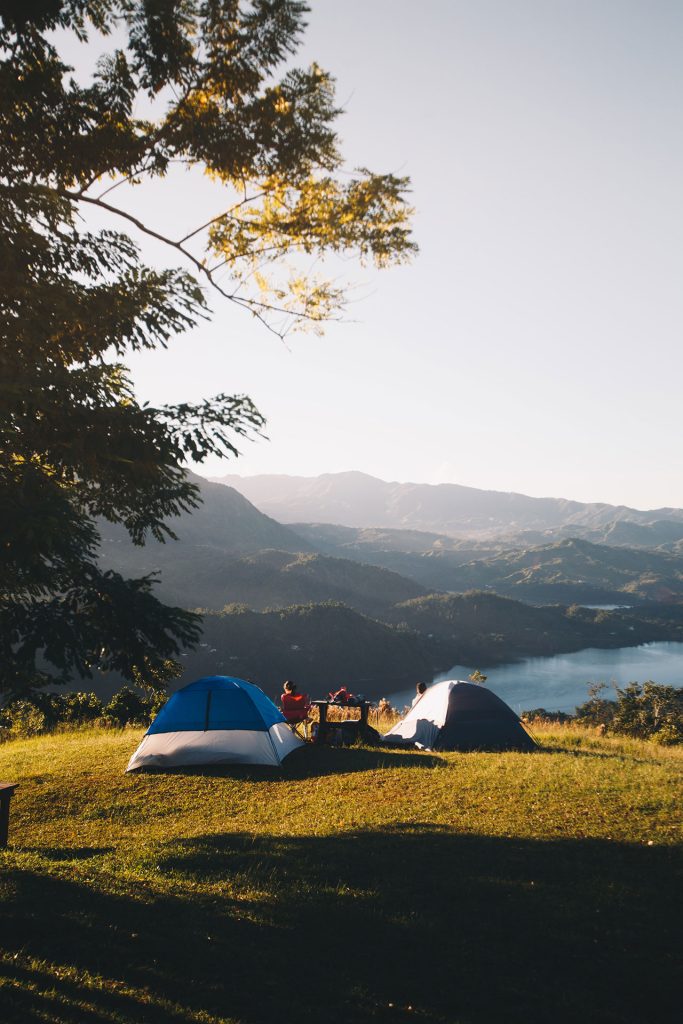
Related Links:
https://en.wikipedia.org/wiki/Hiking


